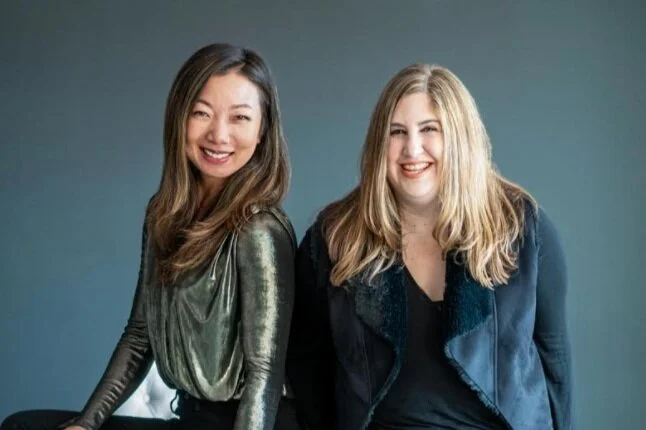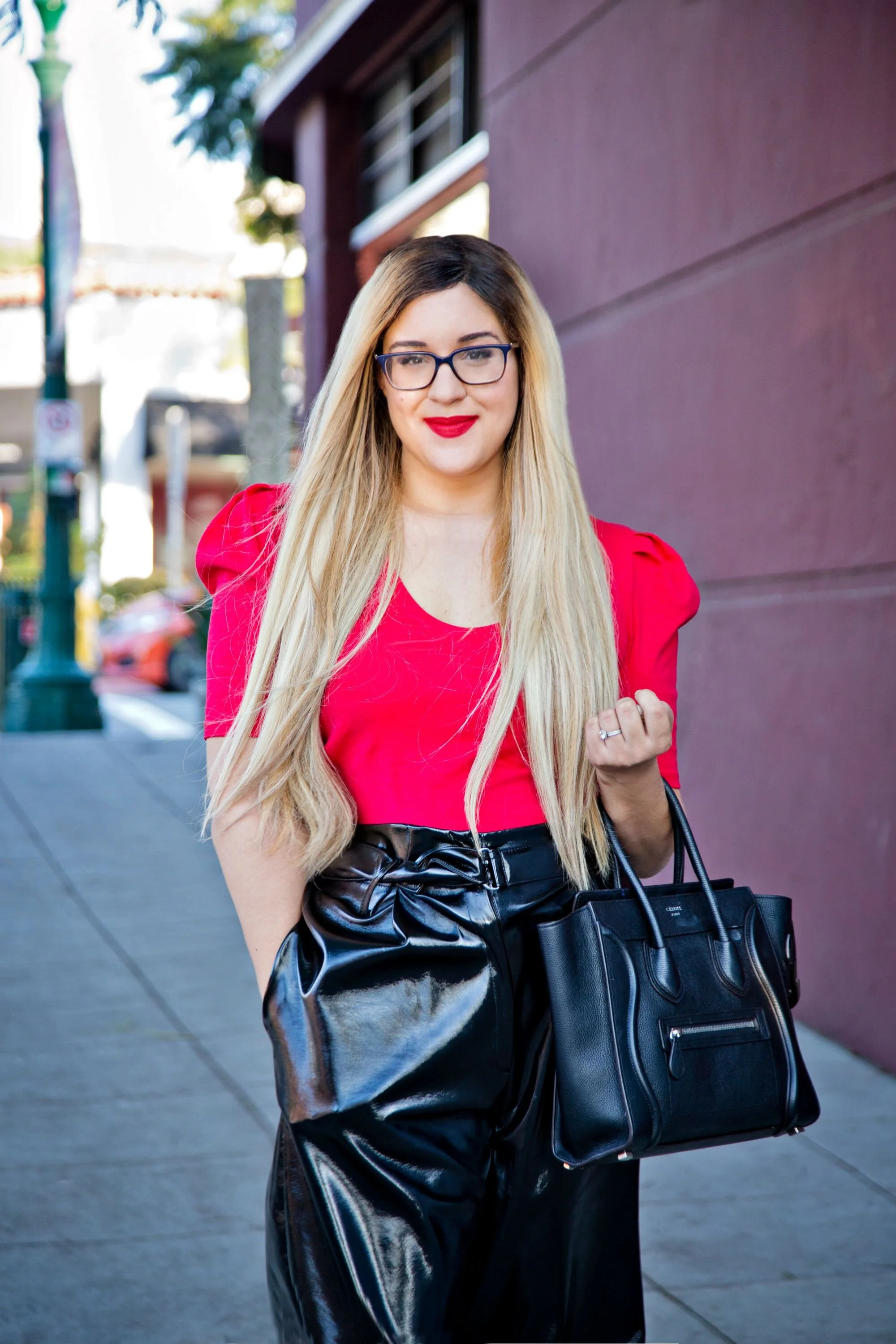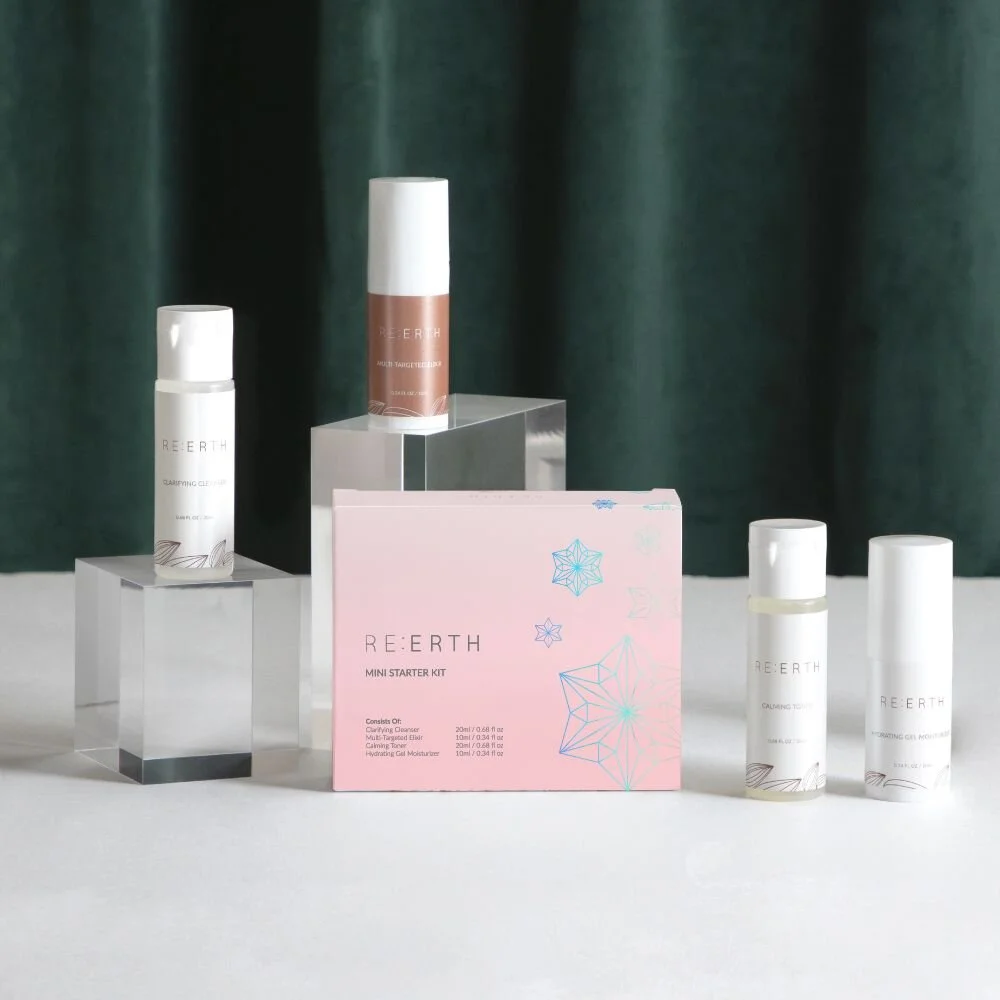What I Expect From the People I Date - Because I Should Have Standards
Dating outside of my race has been challenging. I hold my partner to a higher set of standards that to some may seem unrealistic. On the other hand, it has also been very rewarding. Being in an interracial relationship has opened my eyes to different cultures and has enabled me to use my voice for the greater good, you know -- for the culture.
Photo Credit: Getty Images
Prior to being in my current relationship, I would often find myself asking a few key questions on first dates. Has he dated a Black woman before? Does he realize the challenges that come with being with a person of color? Is he ready to speak up for me?!
Although, he personally may not fall into the stereotypical category of “racist.” The question is, what happens when his friends or family make comments? Does he speak up to correct them, and speak out against injustices, or does he stay silent?
While some may say to, “pick your battles,” I choose to call them out. Silence speaks volumes, and I refuse to date any white person that falls into that category. For that reason, I expect the below.
Courtesy Photo
1. Take responsibility for your actions.
As a Black woman, I don’t need grand gestures that I’m not asking for. I simply need everyone to be held accountable. Accountability starts with you and is the basis of effective communication. When you’re learning how to balance a relationship, you must be clear with your needs and expectations from those in your life.
“It's very important to let your partner know that we're all connected, and therefore your actions will affect other people,” states Yue Xu, San Francisco-based relationship expert and Co-Host of the Dateable Podcast states. “Bringing this up earlier in a relationship is imperative because it shows a level of maturity. Anyone who is not onboard with this still has some growing to do.”
Photo Credit: Larry Wong
Taking on the task of holding your partner accountable, of course, depends on what level of dating you are at. Whether you are at the beginning stages of your romance, or simply chatting on Tinder, it’s important that you figure out if you’re completely emotionally invested or not.
“What’s expected is that you be an active participant in anti-racism, not just a silent witness. At the early stages (the relationship is forming) and you really want to take the attitude of this is about WE now, not me and you,” Nicole Moore, Los Angeles-based relationship expert and CEO of Love Works Method explains. “What’s expected of a white person at this point is full on allyship. At the partner stage, this is where things get real and the expectation is that you can handle it.”
2. Open to Discussing Race.
Prejudice, racism, and white fragility tied to unawareness, are a sliding scale, and happen more often than not. When it comes to dating, we have unintentionally remained stagnant and comfortable with living in a bubble rather than choosing to face some very uncomfortable truths. Accepting these truths will require change.
Photo Credit: Biscotti
“When you’re just getting to know a person of color, one of the biggest ways you can be supportive and ally is showing them you are comfortable if they bring up race or discrimination,” Moore recommends. “Now, if you’re not comfortable yet, this is your time to get comfortable. Don’t change the subject quickly, hear them. Listen to their experiences. Show them that they can be a full person in front of you, if they choose to date you, and that includes any and all conversations about race.”
For many, discussing race is uncomfortable. Bring up race as often as you see fit, it’s important. “Create a safe space and let your partner know that although he/she won't know what it's like to be you, you want a partner who is willing to learn and empathize,” Xu explains. “Being vulnerable earlier on and letting your partner know of your struggles is important for you two to connect on a deeper level.” This doesn’t mean you have to talk about race every time you see them, but it gives your partner a chance to show they’re genuinely interested, and to ensure that you are seen. “(As an ally), the expectation is that you demonstrate your growing care and concern by actively learning about how to be an anti-racist,” Moore adds.
3. Unbiasedly Listen to Experiences.
This relationship is not an experiment, and one of the most important things someone can do when their partner discusses experiences with racism, is to listen.
Personally, I don’t want my first impression of you to be that you claim to “not see color.” The reality is, some people should be schooled in what is, and isn’t appropriate, and the best way to educate a person is to have them actually listen.
Photo Credit: Larry Wong
It’s important for a partner to understand that we have different life experiences solely based on the color of our skin. Experiences that you can NEVER truly understand, because you’ve been given the privilege to not ‘have to’. However, please refrain from trying to provide comfort by equating to said experiences by saying things like “I get what’s it’s like to face discrimination, because I faced it xyz time.” It’s beyond frustrating, and not to mention tone-deaf.
“Part of being a true ally to a person of color is understanding how you, as a white person, have been a part of the system of racism and oppression and taking ownership of that without feeling the need to get defensive,” Moore explains. “This is important at every stage of the relationship.”
Regardless of the stage of dating, I encourage everyone to ask questions, and have necessary conversations upfront to avoid wasting each other’s time with a relationship that may have been doomed from the beginning. As Moore states, “you’re less likely to get to the exclusive stage if you display a myopic and misinformed worldview.”
Courtesy Photo
Some may call me choosy, but damn right! If COVID-19 and the BLM movement have taught me anything, it’s to surround yourself with like-minded individuals who will fight for you at all times. Time is precious, and the color of my skin is not up for debate nor for anyone’s entertainment. If my partner isn’t going to be ride-or-die, then throw the whole relationship away.













